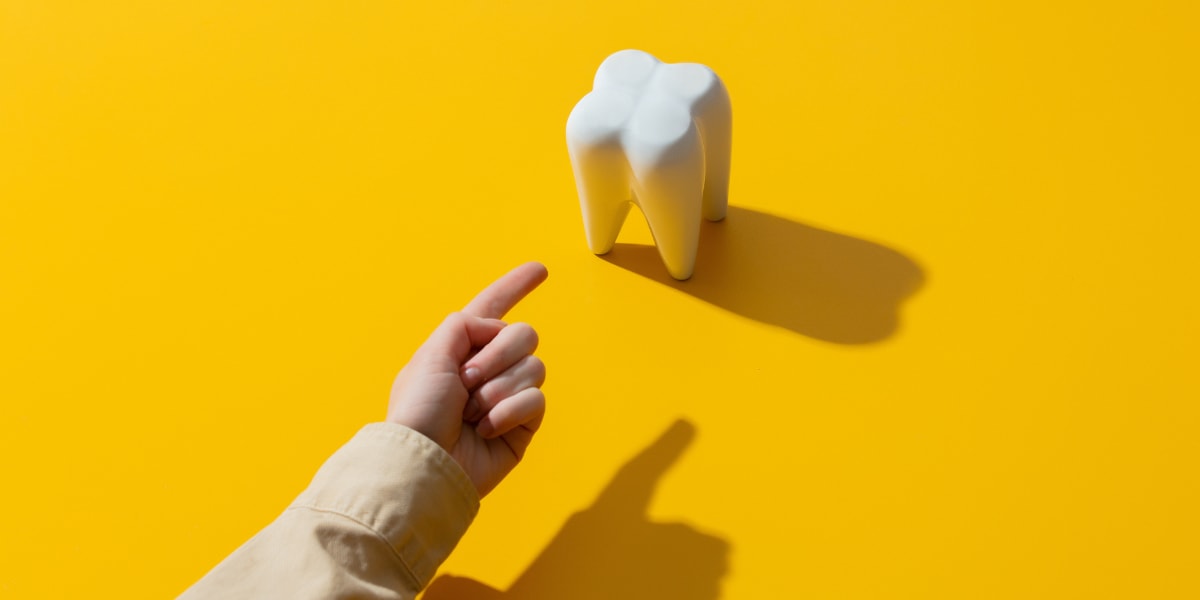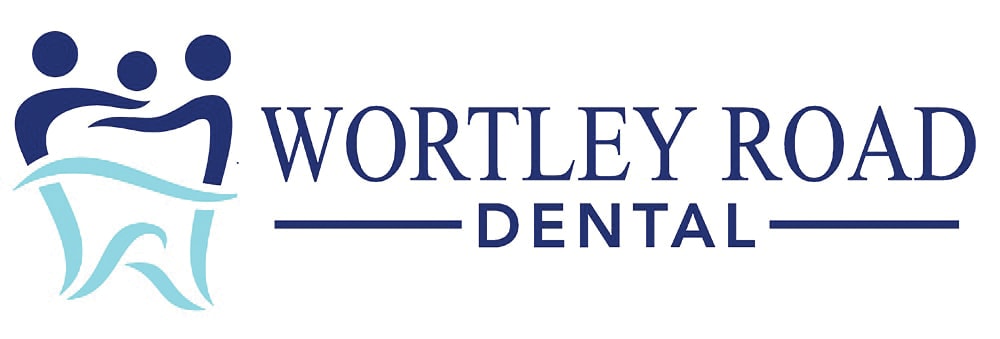London Tooth Extractions: Preparation, Procedure, Recovery

Your dentist may choose London tooth extractions as the last option if it is broken or rotten and cannot be fixed with fillings or crowns first. Extraction may be your best choice when a tooth cannot be saved. The alternatives you have will be discussed with you by your dentist during your appointment. Start by scheduling a single appointment treatment with your dentist in London if need to have a tooth pulled.
When teeth extraction may be necessary.
You might need to have a tooth extracted for a variety of reasons. Suppose, for instance, you have:
- Serious dental decay.
- Gum illness (periodontal disease).
- A cracked tooth that is irreparable.
- A pus-filled area on your gums or in the mouth around your teeth that is an abscess.
- When there is not enough room in your jaw for all of your teeth, this is called crowding.
Often, during your dental surgery, your dentist will remove a tooth. If your extraction is particularly difficult, an oral surgeon could perform the surgery in a hospital. On most days, you can return home that same day.
Tooth extraction preparation.
To begin London tooth extractions, your dentist will go over how to prepare for your operation. They will enquire about your previous oral and medical history. Any medical issues, allergies, or recent surgery must be disclosed, along with any medications you are taking.
Your dentist will go over the procedure with you, including any potential pain. Ask questions if you have any doubts. Nothing is too trivial to ask. You’ll feel more at ease and be able to offer your permission for the treatment if you are completely informed.
Any business that wants to expand must engage in marketing, and dental clinic business is no different. Due to the difficulties in marketing, every clinic owner requires a dental internet marketing mentor who can assist them find practical solutions.
Tooth extractions with anaesthesia.
Usually, a local anaesthetic which will serve as an oral sedation treatment will be used during the London tooth extractions. This may help make the procedure a pain-free treatment Even if your gums won’t ache anymore, you’ll still feel pressure. Throughout the process, you’ll be awake and aware of what’s going on. If you are nervous about having your tooth pulled, it may be necessary for you to take a sedative, which calms you down, makes you feel drowsy, and calm your mind.
Only very young children or individuals with learning impairments often have the option of receiving a general anaesthetic during an extraction. Your dentist may determine whether general anaesthesia should be used for you if more London teeth extractions must be done. Or if the procedure will be more challenging than normal.
Your dentist will recommend a hospital for your treatment if you need a general anaesthetic.
Procedure for tooth extraction.
Your dentist will administer a local anaesthetic to the region around your tooth or teeth after you are comfortably seated in a chair. After waiting for the injection to take effect for a while, they will check to see if it is working by asking you a few questions. They may also like to know if you’ve had gum surgery in the past. Your gums have a socket (hole) where your tooth’s roots are located.
Before pulling the tooth, your dentist will enlarge the socket and gently loosen the tooth. For the empty socket to heal, your dentist may need to sew it.
When a tooth is extracted, you could feel some pressure in your mouth, but it shouldn’t hurt. Inform your dentist right once if you have any discomfort.
Dental care following tooth extraction.
Your gums may continue to bleed after having a tooth pulled. Once the bleeding has stopped, your dentist will offer you a piece of soft padding to bite on and you’ll be free to leave.
Your dentist or surgeon will offer you information on how to take care of your teeth and gums before you return home. They could suggest an antimicrobial mouthwash and painkillers. Additionally, they could advise you to take antibiotics to lessen the risk of getting an infection.
Stay in bed until the effects of any sedatives or general anaesthetics wear off. As the anaesthetic wears off, ask a friend or family member to drive you home and remain with you for a day or two.
Usually, a follow-up appointment is not required after London tooth extractions. However, if your operation was difficult, you might need to schedule a follow-up appointment with your dentist so they can assess your recovery. You’ll be assigned a date for this.
Recovering after tooth extraction.
Most people can resume their regular activities the following day after London tooth extractions. It will only take a few days to recuperate if the surgical extraction was more challenging. Examine your dental health and heed your dentist’s instructions.
If you received a local anaesthetic, it could take a few hours for your mouth to feel normal again. You shouldn’t consume any hot items until it returns since doing so might cause you to burn or scald your tongue. Be careful not to bite your tongue, especially when speaking, drinking, or eating. To stop the bleeding, maintain an upright position and try to get as much rest as you can.
If you have any discomfort or sensitivity in your teeth, go to Wortley Road Dental Clinic right away. The dentist will consult with you to choose the best course of action if they discover a cavity or other signs of tooth decay on one of your teeth.


